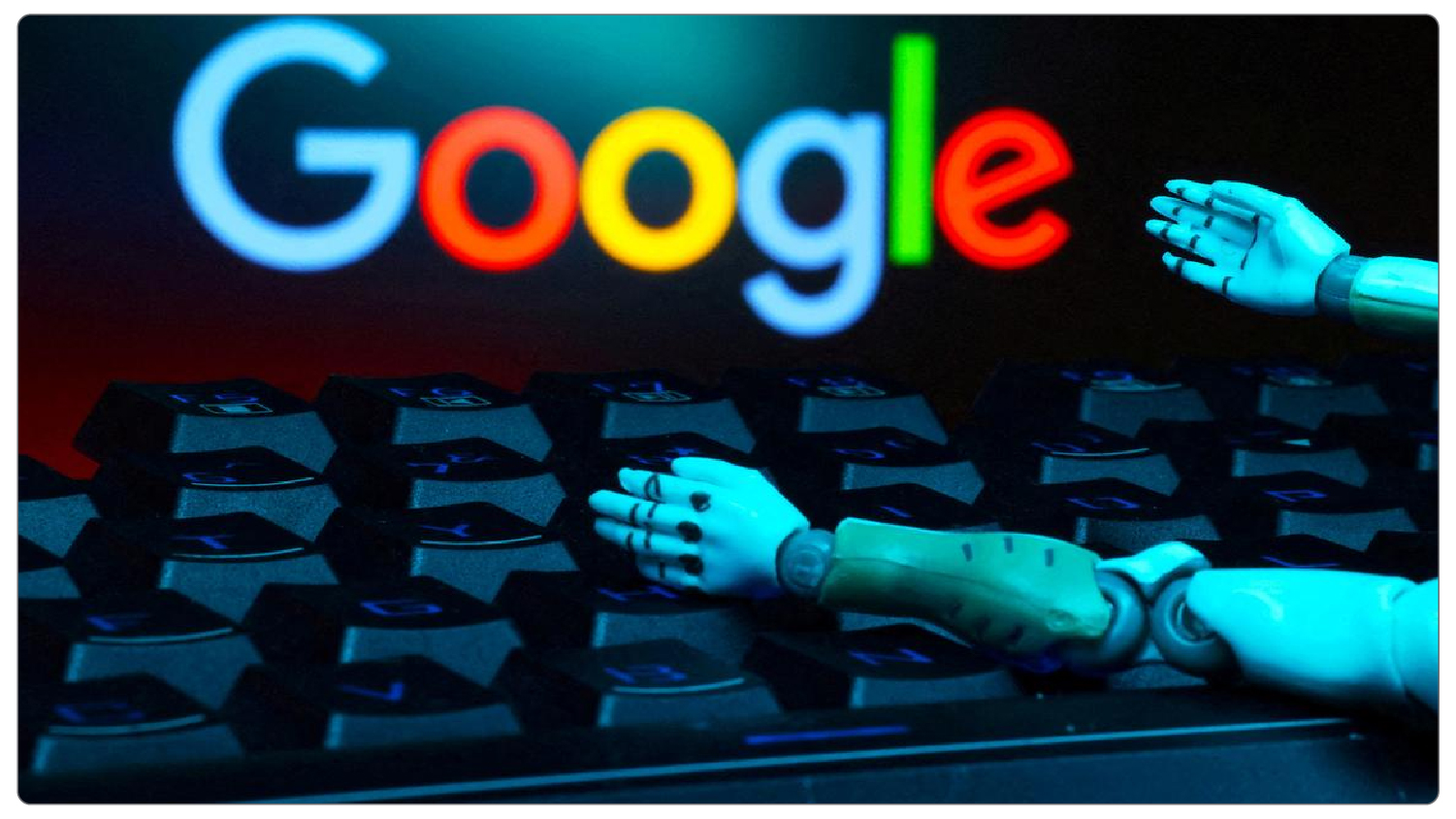Forget Coding, ‘Learning How to Learn’ Is the New Superpower
In a recent discussion at an ancient Roman theatre at the foot of the Acropolis in Athens, Google DeepMind’s CEO and leading AI scientist, Demis Hassabis, stressed that the most important skill for the coming generations will not be coding or technical knowledge, but the ability to learn how to learn. Hassabis, who was speaking at the ancient Roman theater close to the Acropolis, emphasized how the swift development of artificial intelligence is changing industries and societies at a rate that has never been observed before. He maintained that in such a world, flexibility and ongoing self-education will be far more important than subject matter expertise.

The speed at which technology is developing makes it practically impossible to forecast what occupations or competencies will be most in demand in ten years, according to Hassabis. Future workers must acquire what he called meta skills, the means and instruments to pick up new information more quickly and efficiently, instead of concentrating solely on hard skills like programming, engineering, or mathematics. This strategy makes people more resilient to disruption from automation and artificial intelligence and enables them to remain relevant regardless of how industries change.
He also discussed how, within the next decade, artificial general intelligence that can be as intelligent as humans will become a reality. Hassabis cautioned that there are risks associated with this, even though it may lead to advances in science, medicine, and problem-solving. Artificial intelligence has the potential to exacerbate inequality rather than reduce it if societies are ill-prepared or if the advantages are not shared fairly. Therefore, the emphasis should be on equipping individuals with the proper mindset to prosper in an AI-driven era, in addition to innovation.
Greek Prime Minister Kyriakos Mitsotakis, who shared the stage with Hassabis, echoed these concerns. He observed that the general public may lose faith in AI if its benefits continue to be concentrated in the hands of a small number of multinational corporations. He asserts that it is the duty of governments and educational institutions to guarantee that AI benefits everyone and that people experience noticeable enhancements in their day-to-day lives. In the absence of this resistance to new technologies, skepticism may increase.
Hassabis concluded by urging individuals, schools, and companies to rethink how learning is approached. Traditional education, focused on rigid curricula and single degrees, is no longer enough. Instead, the ability to continuously acquire new skills, adapt to changes, and restructure knowledge will define success. In essence, the future belongs not to those who know the most today, but to those who can keep learning tomorrow.